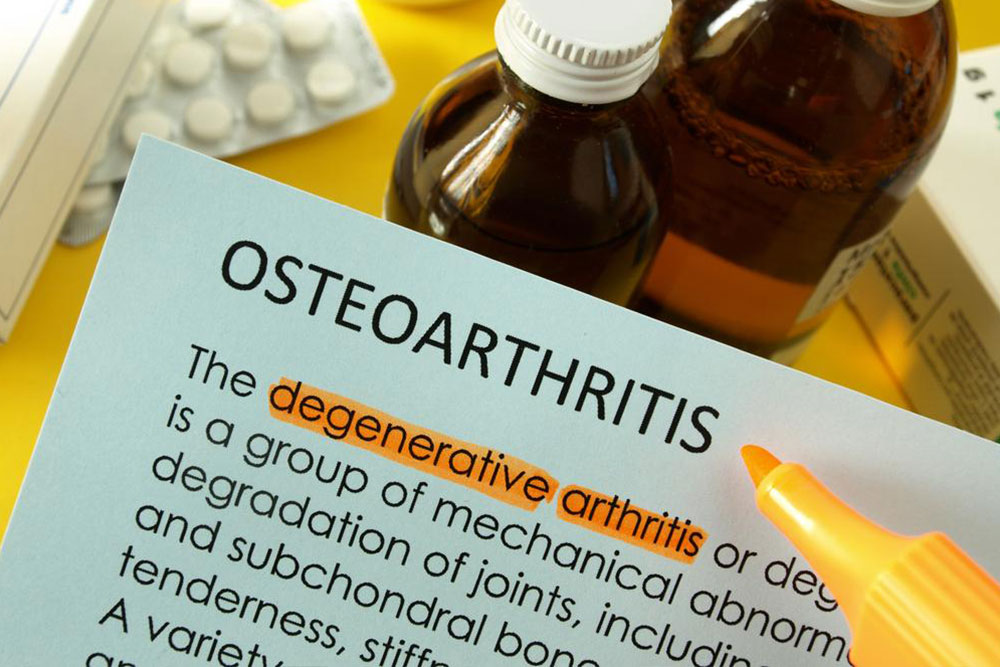Effective Strategies to Reduce Menopausal Hot Flashes
Discover practical strategies to manage hot flashes during menopause. From lifestyle modifications such as layered clothing and avoiding certain foods to medical treatments like hormone therapy, learn how to reduce discomfort. Maintaining a healthy weight and consulting healthcare providers are key components in effective symptom management. This guide offers comprehensive tips to help women navigate menopausal hot flashes confidently, improving comfort and quality of life during this transition.

Effective Strategies to Reduce Menopausal Hot Flashes
Hot flashes are abrupt sensations of heat that often occur during menopause. While their exact cause remains uncertain, experts believe changes in blood flow may play a role. These episodes typically involve facial flushing, sweating, and sometimes chills or rapid heartbeat. Approximately 80% of women experience hot flashes, making them a common menopausal symptom.
Though no cure exists, lifestyle adjustments can help manage these flashes effectively.
Simple habits can minimize hot flash severity, including:
Layered clothing
Dress in multiple layers that can be removed quickly when symptoms arise. Avoid trapping heat in your clothing, as it can intensify hot flashes.
Carrying a portable fan
Always keep a small fan in your bag or pocket to cool down your face during hot flashes, especially outdoors.
Adjusting your routines
Limit spicy foods and caffeine-rich drinks. Reduce alcohol intake if hot flashes persist, and steer clear of smoking. Adopt nutritious eating habits and stay hydrated to lessen the frequency and intensity of symptoms.
Maintaining a healthy weight
Being overweight or obese raises the likelihood of hot flashes. Shore up hormonal balance by engaging in regular exercise and following a balanced diet, helping to sustain a healthy BMI naturally.
Medical options for hot flash relief
When lifestyle changes alone aren’t sufficient, healthcare providers may prescribe medications.
The FDA approves certain low-dose SSRI antidepressants to reduce hot flashes. These must be obtained through a healthcare provider’s prescription, as they are not available over the counter.
Hormone therapy is another option, replenishing estrogen and progesterone levels that decline during menopause. While often effective, hormone treatments can have side effects, so doctors conduct thorough assessments before recommending them.










